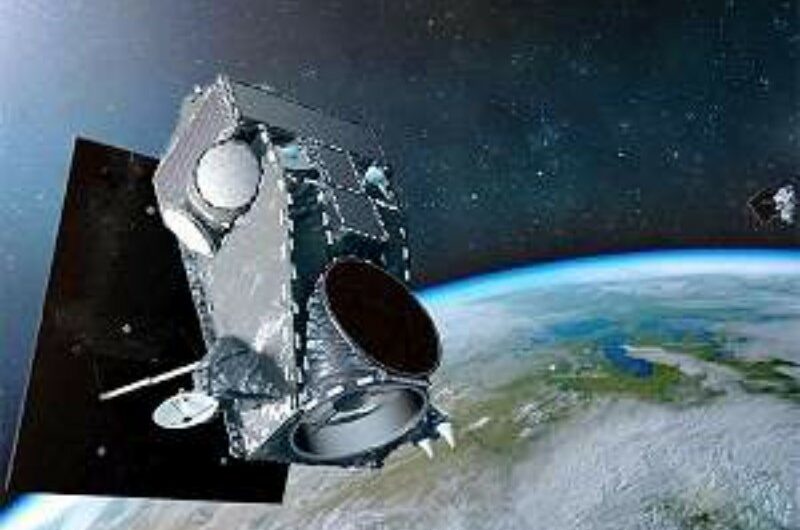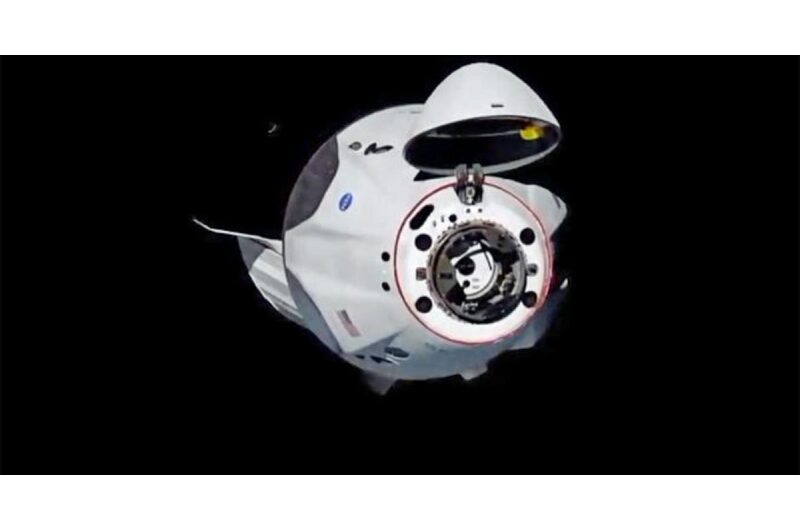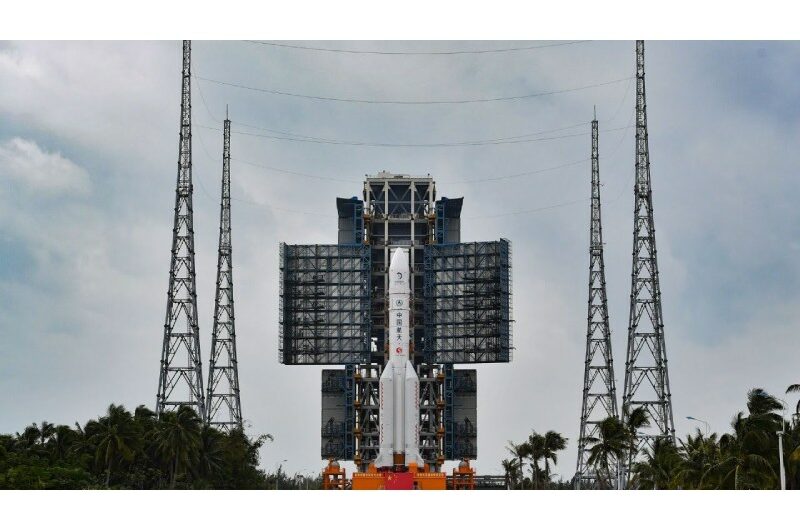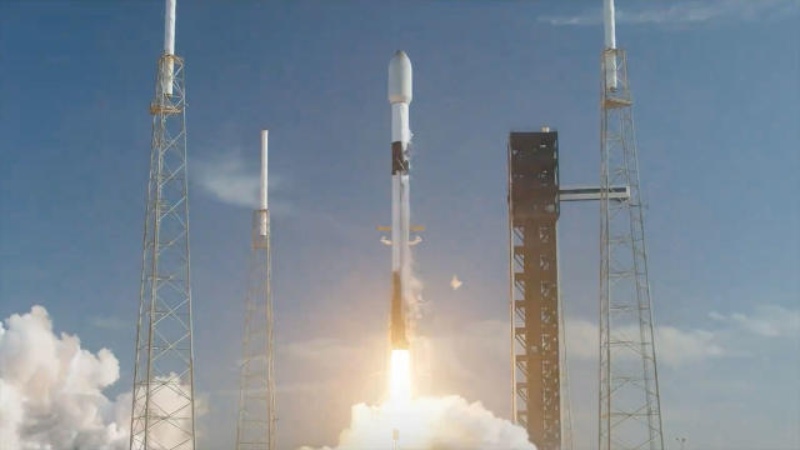SpaceX will demonstrate the effectiveness of its reusable rocket technology once more on Friday when it launches a Falcon 9 booster for a record-tying 20th time.
Friday, April 12, at Cape Canaveral Space Force Station in Florida will see the launch of Booster 1062, which made its maiden flight in November 2020, on a mission to deliver 23 Starlink satellites to low-Earth orbit.
About five minutes prior to takeoff, at 9:17 p.m. ET, a live webcast of the historic flight.
Watchers will be able to see stage separation, the launch of SpaceX’s internet satellites, and the Falcon 9 rocket take off for a record 20 times. The first-stage booster’s upright landing on the A Shortfall of Gravitas droneship in the Atlantic Ocean, which will prepare the rocket for its 21st mission, will also be shown on the webcast approximately eight minutes after launch.
Should there be a need to modify the intended flight schedule for whatever reason, there is a backup possibility for Friday’s mission on Saturday.
In addition to being the record holder for the quickest turnaround—21 days—Booster 1062 last took flight on March 16, 2022. Previously, the rocket launched 12 Starlink missions, OneWeb Launch 17, ARABSAT BADR-8, GPS III Space Vehicle 04, GPS III Space Vehicle 05, crewed Inspiration 4 and Ax-1 flights, Nilesat 301, and more.
If engineers choose to use any of the other three first-stage boosters for repeated flights in the upcoming months, Booster 1062’s record may not last for long.
SpaceX has been able to lower the cost of spaceflight and increase flight frequency, which has increased space access for more businesses and organizations. This has been made possible by the company’s reuse of the first-stage booster, Crew Dragon and Dragon spacecraft, and rocket fairing.
Topics #Rocket Launch #SpaceX










